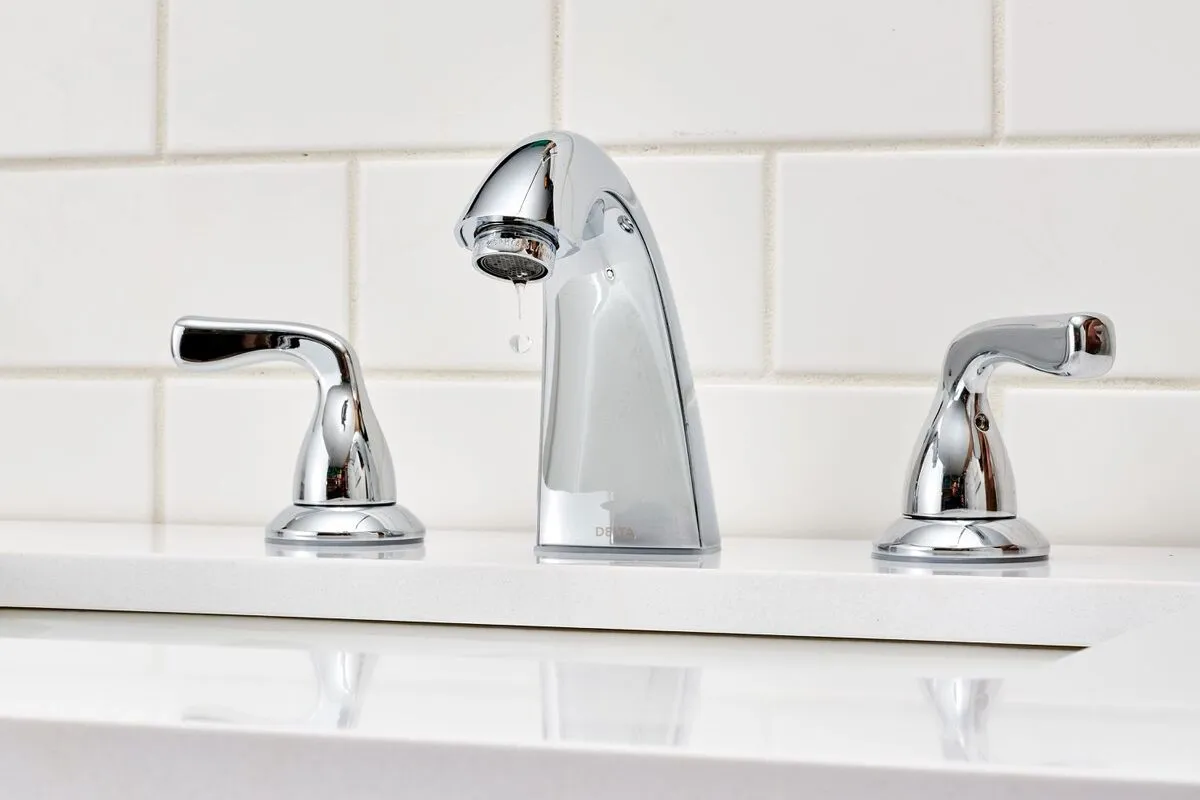Iranian Company Produces Economical Faucets for Hospitals

“In our company, we have managed to produce low-consumption faucets which flow out five liters of water per minute,” said engineer Derakhshan, one of the researchers of the company.
Noting that the faucets in the market are made of plated brass, he said, “But our faucets are made of standard steel which is resistant to detergents for disinfection and they are guaranteed for two years.”
Derakhshan added that the company also produces anti-bacterial and anti-virus filters which are used in hospital environments to provide clean air for the patients.
In a relevant development last June, a member of the board of directors of an Iranian knowledge-based firm had also announced production of special valves, faucets and parts in the company for different industries which can also decrease water consumption in residential buildings up to 50%.
“Office and household consumptions make up to 10% of the total consumption of purified and expensive water, but by making faucets that reduce water consumption and other customized parts that enjoy higher industrial strength, it is possible to save water,” Abbas Ali Moradi, a member of the board of directors of the knowledge-based ‘Pishgam Daqiqsazan Andisheh Maroun’ company, told ANA.
“Customers of our products are mostly from steel, copper and petrochemical companies and they use them in the workplaces. At present, steel, copper and petrochemical companies are under pressure in terms of water consumption since they are among the most water-consuming firms and this challenge has made them find ways to reduce water consumption,” he added.
“The company's product can work for more than five years even in a harsh industrial environment, and it is also used in construction industries and can reduce water consumption in residential buildings up to 50%,” Moradi said.
4155/v





















